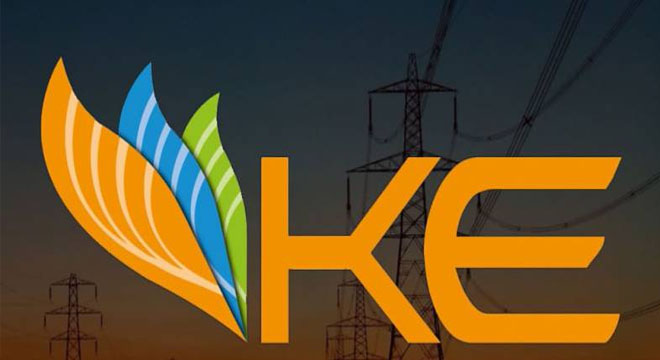Islamabad – The Power Purchase Agreement for the supply of additional 450 MW of electricity to K-Electric is facing delay as the KE has asked the federal government to pay for the supply of additional 450 mw from national grid from tariff differential subsidy of around Rs 300 billion owed by the government of Pakistan (GoP).
For the PPA between National Transmission and Dispatch Company (NTDC) and K-Electric for the supply of additional 450 MW, the mechanism for payment has not yet agreed as the KE has said that they will not pay to NTDC/CPPA and instead requested the federal government for continuation of mechanism for set-off of power purchase cost with tariff differential subsidy, an official source told The Nation here Sunday.
In order to plug the supply demand gap of the KE and to overcome the power outages in Karachi in summer, the federal government has agreed to provide an additional 450MWs of electricity from the National Transmission and Dispatch Company (NTDC) to KE.
The National Transmission and Dispatch Company (NTDC) had already completed the rehabilitation and up gradation of the existing 220-kilovolt (kV) double circuit transmission line from Jamshoro to KDA-33.
The supply of additional power has already started to KE from the National grid; however, the PPA in this regard is yet to be finalised as KE wants the Federal government should pay to NTDC from the tariff differential subsidy of around Rs 300 billion owed by the government of Pakistan.
The Federal government owes KE Rs 200.7 billion on account of tariff differential subsidy, in addition there is Rs 90 billion of Markup payable to KE, said the source. The National Electric Power Regulatory Authority’s (Nepra) latest determination regarding K-Electric’s Tariff Fuel Cost Adjustment (FCA) and Tariff Differential (TDF) will add an additional subsidy of Rs 80 billion, the source added.
The source said that these pending payments have put a strain on the power utility’s cash flow, forcing it to resort to increased borrowing. This caused KE’s finance cost to rise by 165 per cent from 2019 to 2020, and is the key reason for plunging the company into a loss of Rs 3 billion for FY 2020, compared to a profit of Rs17 billion in FY 2019.
When contacted, a KE spokesman Imran Rana said on the issue that KE has been discussing the Power Purchase Agreement for additional supply of power from the National Grid with NTDC/CPPA. It is important to note that principal approval to off take additional power from the National Grid has been received. As for the PPA, KE has requested for continuation of mechanism for set-off of power purchase cost with tariff differential subsidy, he added.
Historically, there are significant delays by the GoP in processing and release of Tariff Differential Claims (TDC), due to which KE cash flows are severely impacted. Since there are significant amounts involved on both receivable and payable side, it is not sustainable that KE pays all its GoP liabilities on time and does not get timely payments of TDC from GoP. In the past, even with a set-off mechanism in place, KE was in a net receivable position i.e. TDC receivable from GOP was much higher than the payable to CPPA.
Rana further said that KE would like to highlight that for several years KE has been paying all its monthly fuel / power purchase bills on timely basis and made regular payments to CPPA in past as well when in net payables position. Whereas, other parties have not discharged their obligations towards KE as a result, KE’s borrowings for working capital alone have already reached to an alarming level of Rs 113 billion which cannot be sustained further.
KE has requested the federal government to continue the set-off mechanism and this request has been made in the interest of the consumers; and essentially requires both parties to discharge their respective obligations. In the absence of the set-off mechanism, it will become difficult for KE to fully meet its obligations towards fuel suppliers/power purchases and will eventually lead to defaulting on payments and breach of financial covenants. The direct impact of this will be on the citizens and industrial and economic activity of Karachi, the nation’s economic hub.
Therefore, it is important that the government of Pakistan should guarantee the timely payment of TDC in order to avoid similar receivable/payable issues in the future or continue with the set-off mechanism along with the compensation for the delay in processing and release of TDC to KE, the spokesman added.
Follow the PNI Facebook page for the latest news and updates.









